Evaluating Support for Mileage-Based User Fees in Diverse Communities and the Value of Providing Contextual Information
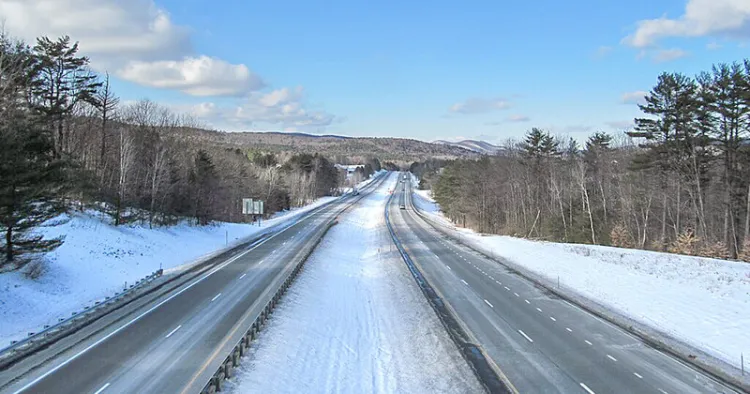
Mileage-based user fees (MBUFs) have been promoted as a more efficient alternative to gasoline excise taxes for over a decade. MBUFs are also seen as increasingly necessary to maintain highway funding programs as electric vehicle adoption increases and to mitigate GHG emissions by enabling congestion charging. Despite the many benefits of MBUFs, public support is deeply lacking. Some research suggests that raising the gas tax has more support than implementing a MBUF. Concerns over privacy, user costs, equity and disincentivizing the use of more efficient and electric vehicles are often cited. Several recent studies suggest that education about the purpose and implementation of MBUF programs can significantly increase support. This study aims to first evaluate support for various MBUF programs in a diverse range of community types, including small and rural communities that have not been the focus of prior research. The research team thinks the greater automobile dependence and differences in attitudes and beliefs in smaller and rural communities impact MBUF support. Then, the team will evaluate how providing individualized and place-based contextual information about the impacts of a MBUF programs modifies support. The researchers aim to identify opportunities to increase support in different community contexts through more effective public awareness campaigns.
Principal Investigators: Gregory Rowangould, Clare Nelson
Project Sponsor: National Center for Sustainable Transportation
Related Publications and Working Papers:
Health Equity and Community Design Technical Assistance Pilot Project
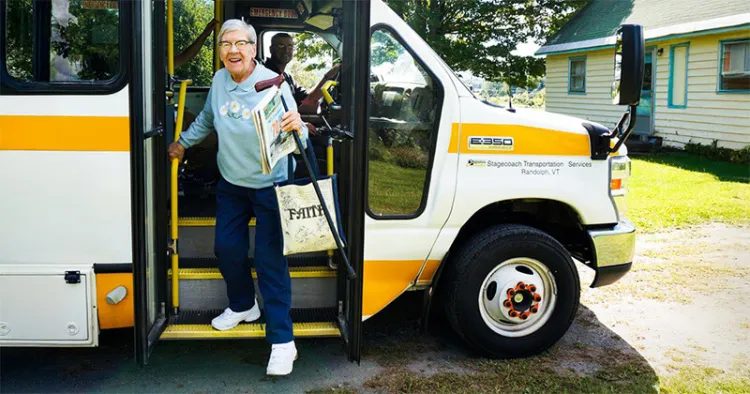
The Transportation Research Center is assisting with the Vermont Health Equity and Community Design Technical Assistance Pilot project, which provides capacity and resources to Vermont communities to develop healthy community design and placemaking plans and ideas that center on equity.
Principal Investigators: Dana Rowangould, Bindu Panikkar, Peggy O'Neil Vivanco
Project Sponsor: Vermont Department of Health and Equitable Cities
More about Health Equity and Community Design Technical Assistance Pilot Project
Voting Accessibility and Voter Suppression: Building Capacity to Quickly Evaluate the Effects of Changes in Voting Locations
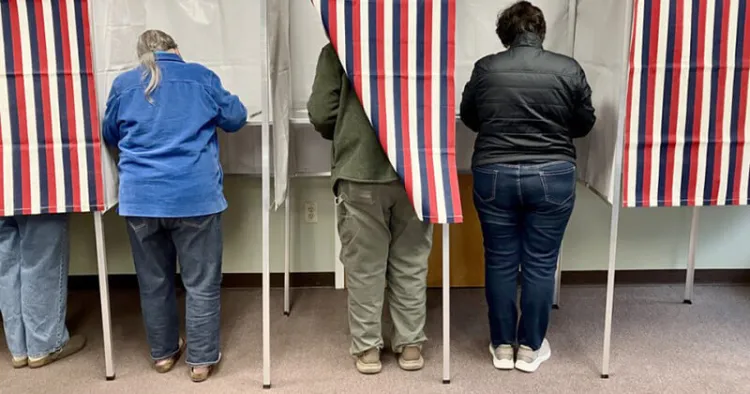
This project evaluates the effects of access to voting locations on voting behavior in three regions.
Principal Investigator: Dana Rowangould
Project Sponsors: Democracy Fund and University of Maryland
Evaluating Heterogeneity in Household Travel Response to Carbon Pricing: A Study Focusing on Small and Rural Communities
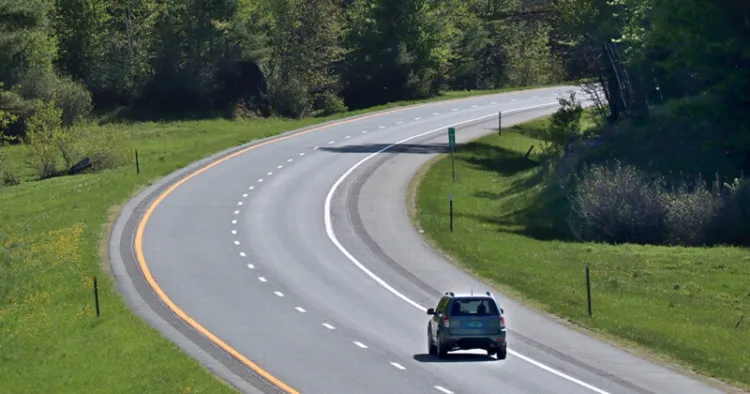
The aim of this research project is to collect new information about household travel behavior, how households may respond to increased transportation fuel costs, and information about real and perceived barriers to avoiding higher transportation fuel costs in diverse rural communities.
Principal Investigator: Gregory Rowangould
Project Sponsors: National Center for Sustainable Transportation
Related Publications:
Quallen, E., Clarke, J., Nelson, C., Rowangould, G., 2022. Comparing Travel Behavior and Opportunities to Increase Transportation Sustainability in Small Cities, Towns, and Rural Communities. Transportation Research Record 03611981221124590. [link to author's final accepted manuscript]
Evaluation of Travel Constraints and Travel Burdens in the U.S. and in Rural Zero-Car Households
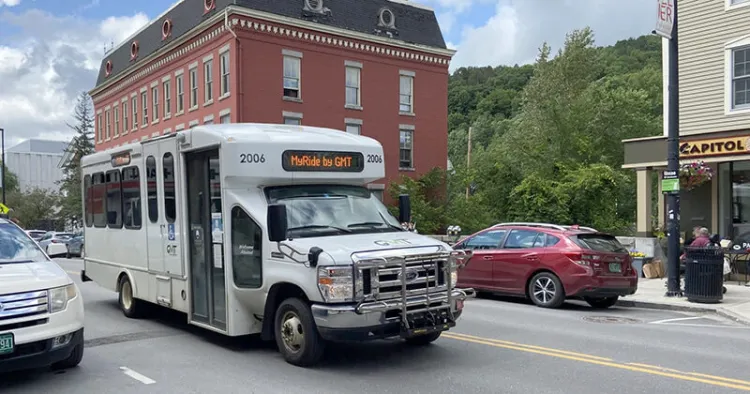
Transportation systems provide the means for people to reach desired destinations. The ability to travel varies widely, with many travelers facing constraints that cause travel burdens and reduce quality of life. These burdens can be greater in rural areas where many travelers face fewer transportation options and longer distances to destinations.
The research team will evaluate travel burdens in urban and rural populations using data from a large US survey, determining who experiences travel burdens and the factors that contribute to a greater likelihood of experiencing travel burdens in urban and rural areas. These results will be used to inform in-depth interviews with zero-car rural populations, who have a high potential for travel burden. The findings will be useful for researchers and transportation practitioners seeking to better address the challenges faced by rural populations in the US.
Principal Investigator: Dana Rowangould
Project Sponsors: National Center for Sustainable Transportation
National Assessment of Near Roadway Vehicle Traffic Emissions Exposure Risk
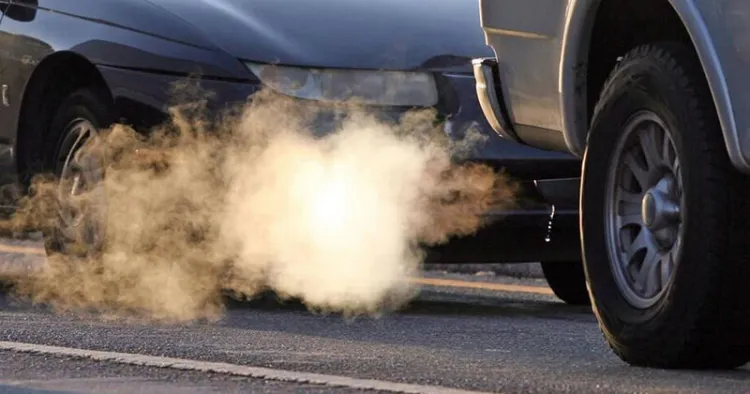
Description: This research will conduct a national scale study to evaluate exposure risk to air pollution from on-road vehicle traffic in every community. The project will identify exposure risk to emissions from different types of vehicle traffic, including passenger vehicles and trucks and evaluate how exposure risk varies with the socioeconomic composition of communities.
Principal Investigator: Gregory Rowangould
Project Sponsors: Environmental Defense Fund
Exposure-based Extreme Heat Vulnerability Mapping to Inform Adaptation and Mitigation of Extreme Heat Exposure Risk in Small Cities and Rural Settlements

This project will identify where people all across Vermont are exposed to excessive heat produced by transportation infrastructure, map areas of vulnerability (where there is higher heat and populations at greater risk of adverse health impacts from heat exposure), and help state and municipal agencies target solutions to the places and people that most need them.
Principal Investigators: Elizabeth Doran and Gregory Rowangould
Project Sponsor: NOAA
Read news report about this project
Evaluating Equity and Effectiveness in Vermont's Electric Vehicle Purchase Incentive Programs
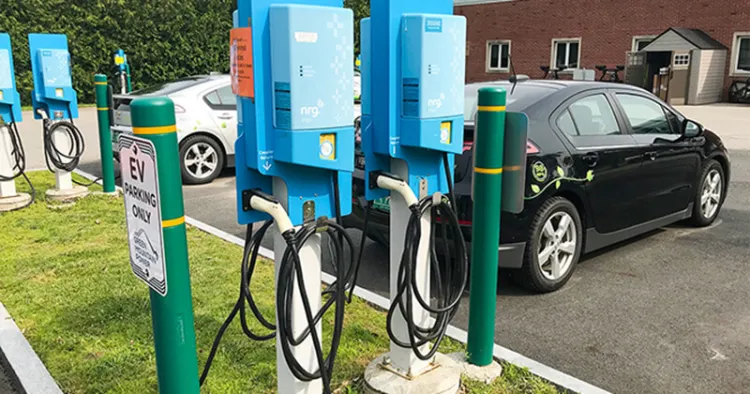
This project aims to inform the design of EV incentive programs, particularly in smaller and rural communities that have not been the focus of prior investigation and where the market penetration of EVs has been lower. The project will also contribute to a greater understanding of how incentive programs can be designed to improve program effectiveness and equity for lower income and rural households.
Principal Investigators: Parker King and Gregory Rowangould
Project Sponsor: National Center for Sustainable Transportation